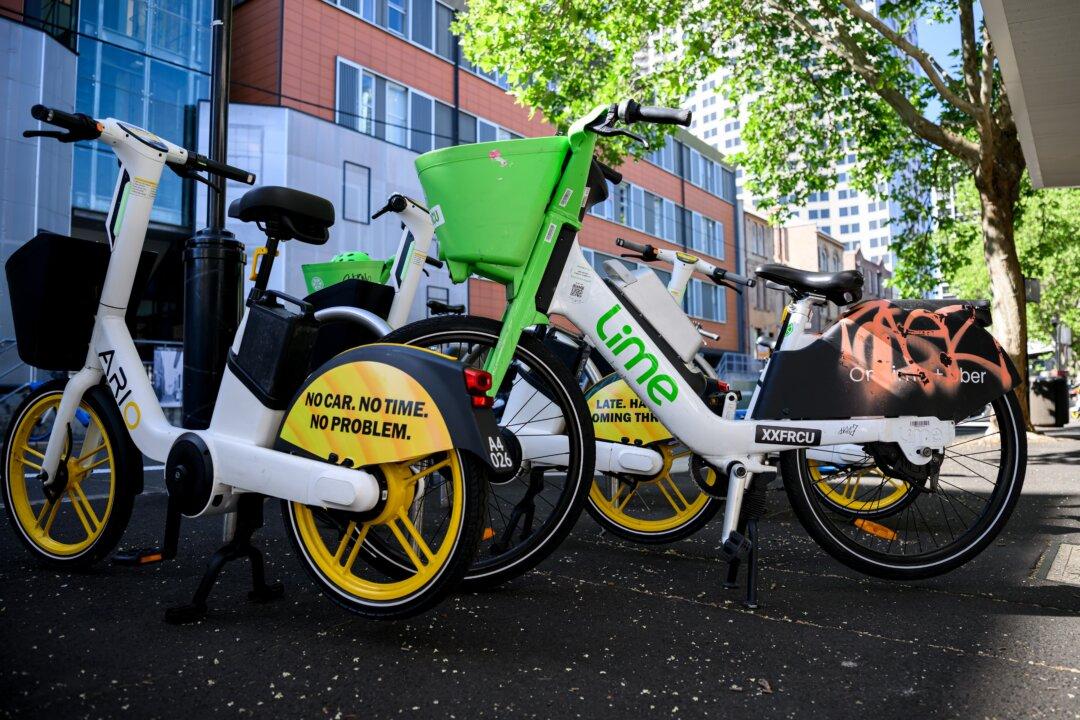Australia’s human rights watchdog has fired a scathing broadside at Queensland’s proposed youth justice laws, saying they will put more children behind bars and erode basic human rights without improving community safety.
The proposed laws will make bail breaches a crime for children, increase the maximum prison term for car thefts, allow police to arrest kids on suspicion they may breach bail and make courts take into account - during sentencing - crimes that serious repeat offenders could hypothetically commit in the future.





